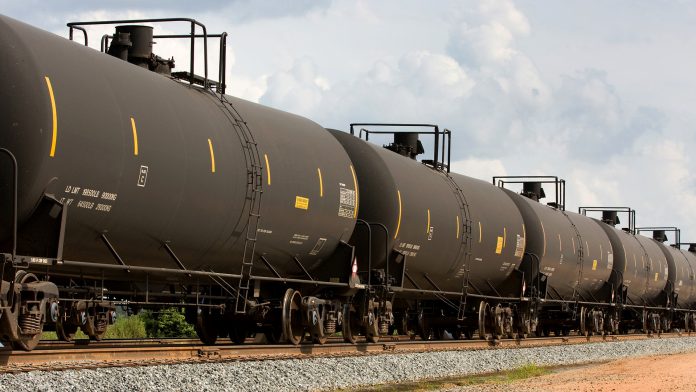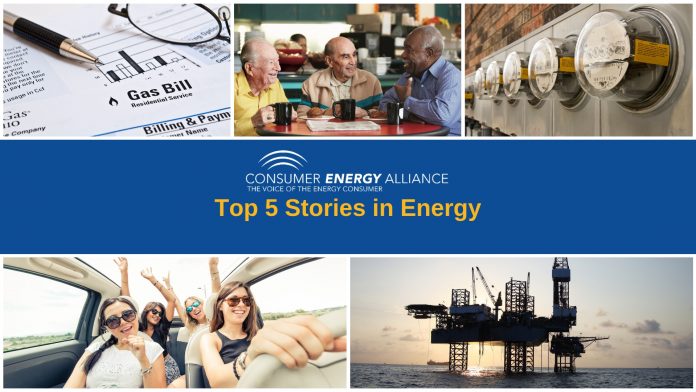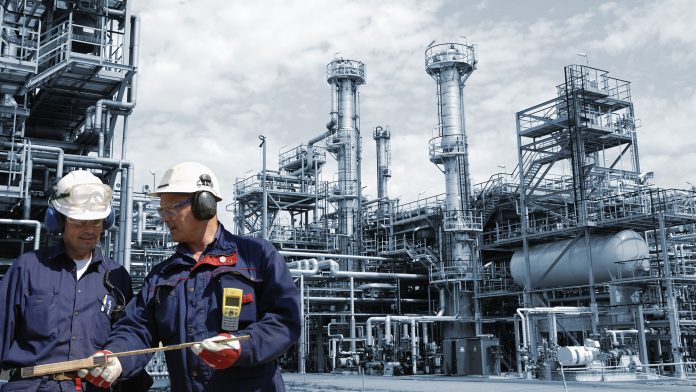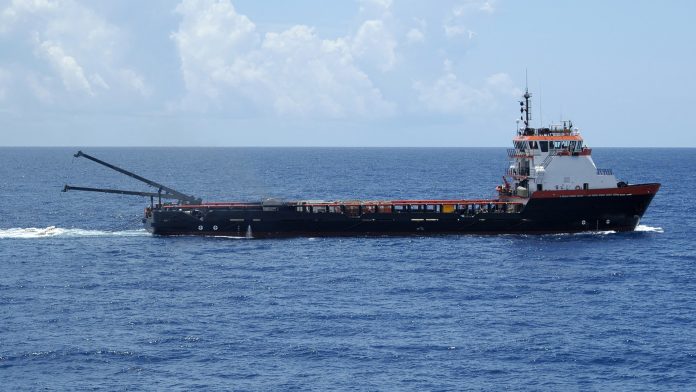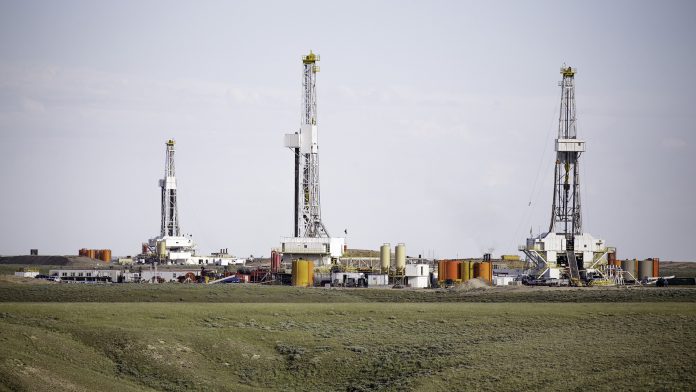With Floridians spending an average of $2,500 annually on energy costs, CEA’s Kevin Doyle looks at how anti-development groups come to the table with no solutions to help lower energy costs for hardworking Floridians and those living on fixed incomes.
Unfortunately, these people are the ones that deep-pocketed, anti-development groups like the Sierra Club forget about when they spend millions to stir up the same tired, “say no” to any fossil fuel energy debate – even as global energy consumption is expected to swell more than 55 percent by 2040, and with fossil fuels continuing to meet 80 percent of our energy needs, according to reports.
Read more – Tallahassee Democrat











